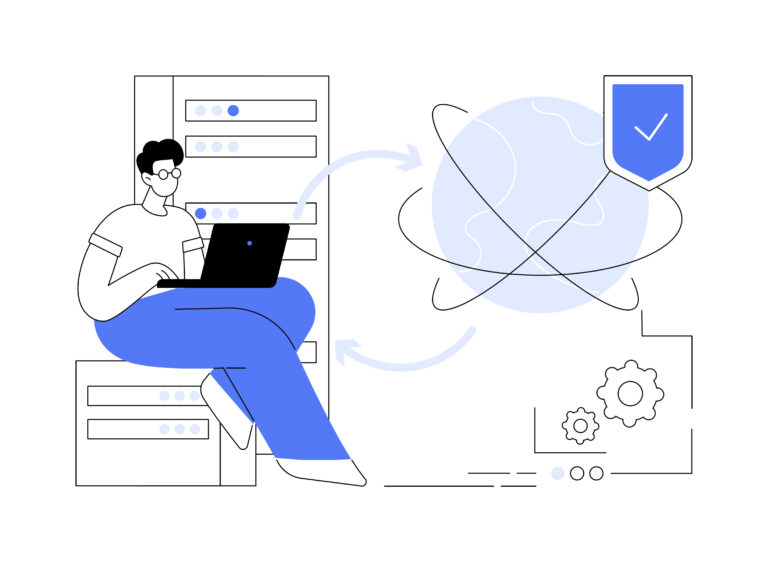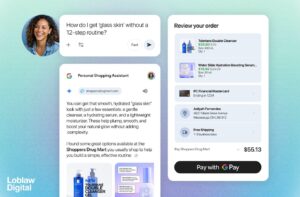Leveraging Serverless Architecture for Ecommerce Applications
Published: August 18, 2023 | E-Commerce Strategy, General, Retail & Commerce, Technology & Tools

The demand for rapid, scalable, and cost-effective solutions has propelled serverless architecture into the spotlight. For ecommerce applications, where fluctuating traffic and evolving features are a norm, serverless offers several advantages. Let’s explore how ecommerce platforms can benefit from a serverless approach.
Understanding Serverless Architecture:
Serverless doesn’t mean no servers, but rather offloading the responsibility of server maintenance, scaling, and infrastructure management to cloud providers. Developers can focus on writing code, while the service providers handle the execution, scaling, and server management.
Benefits for Ecommerce:
Scalability: Serverless automatically scales based on the demand, making it ideal for ecommerce platforms that experience spikes during sales or festive seasons.
Cost Efficiency: With serverless, you only pay for the execution time of your functions, rather than reserved server space. This can lead to significant savings.
Rapid Development & Deployment: Without the need to manage servers, developers can focus on rolling out features faster.
Use Cases in Ecommerce:
Order Processing: Implement serverless functions that get triggered when a new order is placed, processing the order without requiring a dedicated server.
Inventory Management: Automatically update stock levels or notify staff when stocks run low using serverless triggers.
Recommendation Systems: Use serverless functions to process user data and generate product recommendations on-the-fly.
Payment Processing: Securely handle payments by executing the transaction logic in stateless, ephemeral serverless functions.
Integration with Other Services:
Serverless functions can integrate seamlessly with databases, machine learning models, authentication services, or third-party APIs. For instance, a serverless function can pull product data from a database, process it, and then push it to a machine learning model for analysis.
Enhanced Security:
Many serverless providers offer built-in security features such as automatic patching, authentication, and DDoS protection. This can provide an added layer of security for sensitive ecommerce operations.
Challenges to Consider:
Cold Starts: The initial execution of a serverless function after a period of inactivity might experience a slight delay.
State Management: Serverless functions are stateless. Managing user sessions or other stateful operations can require additional architecture considerations.
Complexity: While individual functions might be simple, managing a web of interconnected serverless functions can be complex.
Choosing the Right Provider:
While AWS Lambda is one of the most popular serverless providers, Google Cloud Functions, Azure Functions, and Alibaba Cloud Function Compute are notable alternatives. The choice largely depends on the existing technology stack, region of operation, and specific requirements.
Monitoring and Debugging:
Tools like AWS X-Ray, Serverless Framework, or Datadog can be used to monitor the performance of serverless functions, trace issues, and debug effectively.
For ecommerce platforms aiming for high scalability, cost efficiency, and agility, serverless architecture presents a compelling option. While it’s not a one-size-fits-all solution, when leveraged appropriately, serverless can transform the efficiency and responsiveness of ecommerce operations.







